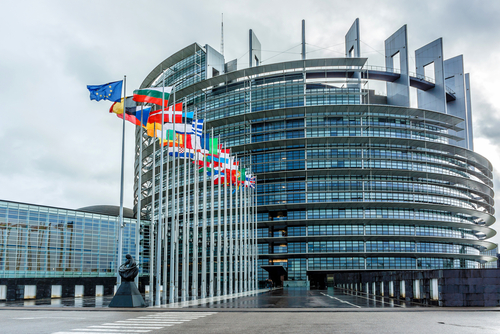Brussels (Brussels Morning Newspaper) – The European Union condemns the escalation of conflict in eastern DRC, backed by Rwanda’s support for M23, urging ceasefire adherence and withdrawal. It calls for peace talks and accountability for human rights violations.
As reported by the statement of the Council of the European Union,
“The EU is deeply concerned about the continued escalation of the conflict in eastern Democratic Republic of the Congo (DRC), aggravated by the renewed offensive of the M23 supported by the Rwandan Armed Forces (RDF). This undermines African-led efforts to reach a peaceful resolution to the conflict. The EU reaffirms its full support to the Luanda and Nairobi processes.”
The statement further said,
“The EU urges the M23 to stop its advance and withdraw immediately. The EU reiterates that Rwanda must cease its support for the M23 and withdraw. The EU strongly condemns Rwanda’s military presence in the DRC as a clear violation of international law, the UN Charter, and the territorial integrity of the DRC. The EU continues to urge the DRC to cease cooperation with the FDLR and other armed groups.”
How does Rwanda supporting M23 rebels DRC?
Sharp escalations have taken place in the eastern Democratic Republic of the Congo as M23 rebel forces are suspected of being aided by Rwanda. According to reports, M23 rebels have managed to win many territorial battles and take major towns, like Minova and Sake, that will act as critical hubs in supplying the supply route into Goma, North Kivu provincial capital. Experts said that the capture of these towns had sent alarming signals that the rebels might advance to Goma city itself, a city with over one million inhabitants.
The violence has meant that there is now a sharp humanitarian crisis caused by the atrocities, with well over 400,000 being displaced since 2025’s beginning. This adds to already staggering numbers of internally displaced persons as a result of years of violence in the area, which stands at about 7 million. People are living with dire conditions – no food, shelter, and medical care in most cases.







